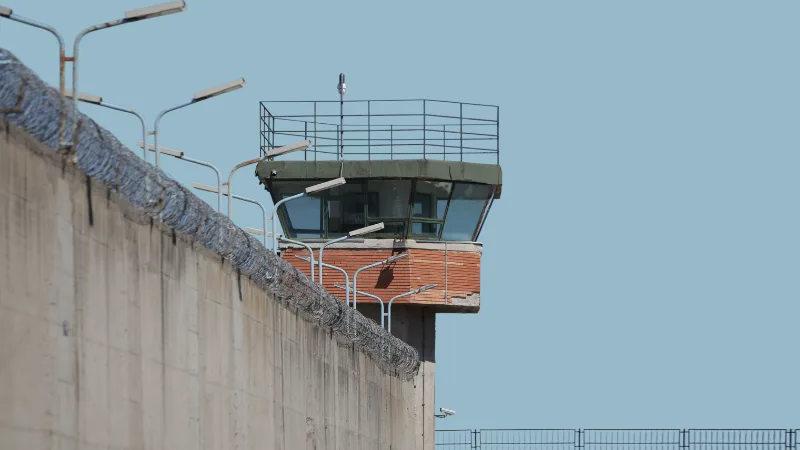El Salvador’s President Nayib Bukele has made an unprecedented offer to the United States: his country is willing to incarcerate deported criminal migrants and even convicted U.S. citizens in its massive, high-security prison complex. The proposed agreement, if accepted, would mark one of the most controversial and far-reaching migratory and law enforcement policies in modern history.
Bukele’s proposal centers around El Salvador’s recently constructed Terrorism Confinement Center (CECOT), one of the largest and most secure prisons in the world, designed to hold up to 40,000 inmates. The Salvadoran government claims that it can take in criminals deported from the U.S.—regardless of nationality—and house them at a fraction of the cost it takes to imprison them in the American system.
In exchange, Bukele suggests that the U.S. pay a fee for each prisoner, which he describes as “relatively low” for the American government but significant enough to make El Salvador’s prison system financially self-sustaining. The offer is unprecedented, raising both interest and alarm across the political spectrum in the U.S.
Why Does This Matter?
This proposal is significant for several reasons:
- A Potential Solution to the U.S. Immigration Crisis – With illegal immigration becoming an increasing political and economic burden, this deal could offer a new way to handle criminal offenders who cross the border illegally.
- Cost Savings for the U.S. – The American prison system is one of the most expensive in the world, with taxpayers covering approximately $36,000 per inmate annually. If El Salvador can house these inmates for a fraction of that cost, the potential savings could be enormous.
- A Test of Constitutional Protections – One of the most controversial aspects of Bukele’s offer is that it includes convicted U.S. citizens. Under current law, deportation is primarily reserved for non-citizens, and forcibly sending American citizens to foreign prisons would face significant constitutional challenges.
- Concerns Over Human Rights Violations – Bukele’s prison system has faced scrutiny for alleged human rights abuses, including mass incarcerations, reports of torture, and arbitrary detentions. The idea of sending people—whether criminals or not—into such a system raises ethical concerns for human rights organizations.
How Has Washington Responded?
U.S. Secretary of State Marco Rubio has acknowledged the offer, calling it “very generous” and “the most unprecedented, extraordinary migratory agreement anywhere in the world.” However, Rubio emphasized that the U.S. must carefully study the legal and constitutional implications before moving forward.
While some conservative lawmakers and border security advocates may view this as a practical solution, others worry about the diplomatic and ethical consequences. Legal experts caution that deporting U.S. citizens to a foreign prison, even voluntarily, would face strong constitutional and judicial opposition.
Criticism and Controversy
Not everyone is on board with Bukele’s proposal. Human rights organizations have expressed concerns over El Salvador’s harsh prison conditions, warning that the mass transfer of prisoners could result in human rights violations. The nation’s prison system has been accused of operating under extreme conditions, where inmates are subjected to overcrowding, limited legal recourse, and reports of abuse.
Additionally, some legal scholars argue that even if the U.S. were to accept the deal, it could open the door to other nations seeking similar agreements—potentially outsourcing America’s incarceration responsibilities to foreign countries with lower legal standards.
What Happens Next?
The Biden administration and Congress will need to carefully assess the feasibility, legality, and morality of Bukele’s offer. If accepted, this would mark a historic shift in how the U.S. handles illegal immigrants and convicted criminals, setting a precedent that could reshape border policy and criminal justice practices for decades.
While the debate continues, Bukele has made one thing clear: El Salvador is open for business—not just in trade, but in incarceration.





